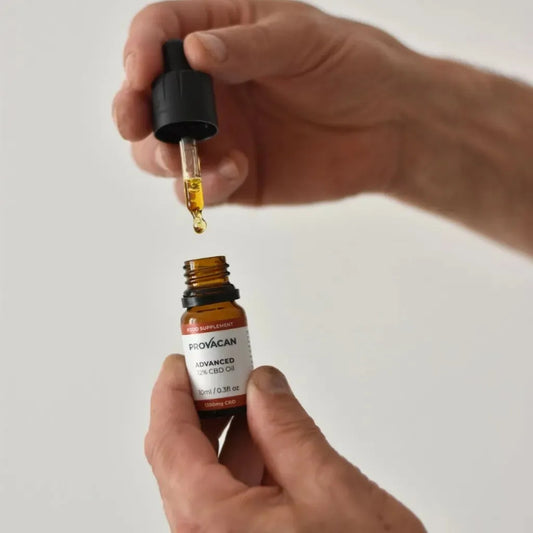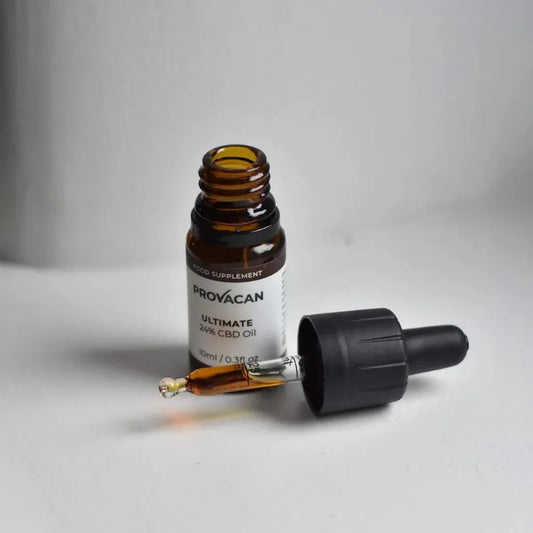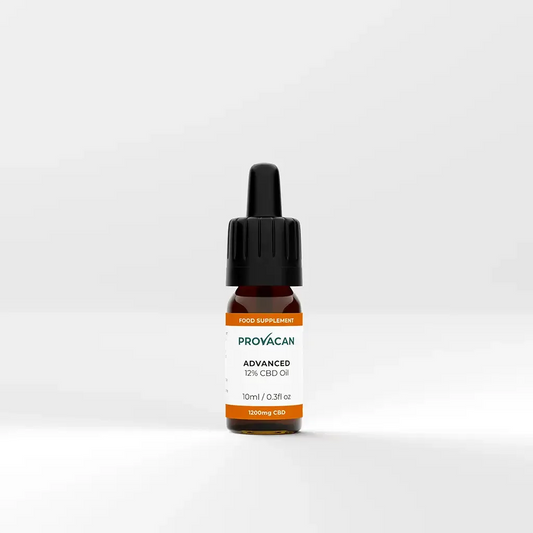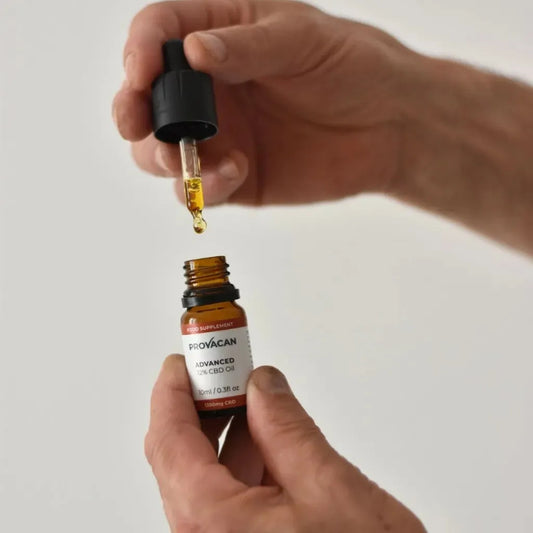The Truth Behind "Blue Monday" and the Role of CBD in Managing Winter Mood Fluctuations
Every year, the concept of "Blue Monday" rears its head, claiming to be the most melancholic day of the year. But is this really the case, or is it a myth that has ingrained itself in our collective consciousness?
The idea of "Blue Monday" can be traced back to a 2005 press release by a travel agency, which purported to have mathematically determined the saddest day based on factors like weather, debt levels, and post-holiday blues. Nevertheless, mental health experts and scientists refute this notion, asserting that there's no scientific foundation to declare one specific day as universally more depressing than others.
However, beyond the catchy marketing ploy of "Blue Monday," a wealth of research sheds light on the complexities of mood fluctuations during the winter months, particularly in the Northern Hemisphere.
Seasonal Affective Disorder (SAD)
A study conducted at the University of Copenhagen delved into the impact of reduced sunlight exposure during winter months on mental health. The findings revealed a higher susceptibility to Seasonal Affective Disorder (SAD) in individuals living in regions with decreased sunlight. Reduced sunlight disrupts circadian rhythms and affects neurotransmitter levels, potentially contributing to low mood and depression during this period.
Moreover, light is a crucial regulator of our body's internal clock. The decreased daylight hours in winter can disrupt this natural rhythm, impacting sleep patterns and mood regulation. This aligns with the observed symptoms of SAD, such as fatigue, changes in sleep patterns, and feelings of low energy and depression.
Impact of Light Therapy
Conversely, research published in the Journal of Affective Disorders explored the positive impact of light therapy on individuals affected by winter-related mood changes. Exposure to bright light, particularly in the morning, was shown to alleviate symptoms of depression and improve overall mood in affected individuals. This therapy, often involving specially designed light boxes, helps to mimic natural sunlight and regulate circadian rhythms, thus aiding in mood regulation during the darker months.
These findings highlight the importance of light exposure in managing winter-related mood fluctuations. While sunlight may be limited during this time, strategies such as light therapy can mimic its effects, potentially alleviating symptoms associated with SAD and improving overall mood.
Social Factors and Winter Blues
Beyond environmental influences, social factors also play a pivotal role in winter mood fluctuations. Research from the University of Exeter delved into the impact of reduced social interaction combined with weather-related constraints on outdoor activities. The study highlighted that this combination contributed to feelings of isolation and lowered mood among certain demographics, particularly the elderly or those living alone.
The winter season often brings forth a decline in social activities, with harsh weather conditions discouraging outdoor gatherings and limiting mobility, especially for vulnerable populations. This reduced social interaction can exacerbate feelings of loneliness and isolation, compounding the impact of environmental factors on mood.
CBD and Mental Well-being during Winter Months
In light of these studies, understanding the multifaceted nature of mood fluctuations during January in the Northern Hemisphere becomes crucial. While "Blue Monday" lacks scientific credibility, acknowledging the impact of environmental and social factors on mood can aid in developing holistic approaches to support mental well-being during this challenging period.
This is where CBD (cannabidiol) enters the conversation. CBD, a non-psychoactive compound derived from cannabis, has garnered attention for its potential role in supporting mental well-being. While research is ongoing, preliminary studies suggest that CBD may offer support in managing stress, anxiety, and mood fluctuations.
CBD interacts with the body's endocannabinoid system, which plays a role in regulating various physiological processes, including mood. Some studies have indicated that CBD may have anxiolytic (anxiety-reducing) and antidepressant-like effects, potentially offering relief from symptoms associated with stress and low mood.
CBD Provocan, in alignment with this approach, aims to provide quality CBD products and promote a deeper understanding of CBD's potential role in supporting mental well-being during the winter months.
However, it's crucial to note that while CBD shows promise, individual experiences may vary, and it's not a one-size-fits-all solution for managing mood fluctuations.
Prioritising Holistic Well-being during Winter
In conclusion, "Blue Monday" might lack scientific validity, but the challenges associated with winter-related mood fluctuations are real. Reduced sunlight, changes in social interaction, and other environmental factors can significantly impact mental well-being during this period.
Understanding the nuanced interplay between environmental, social, and individual factors is crucial in addressing mood fluctuations during January in the Northern Hemisphere. Strategies such as light therapy, increased social engagement, and, potentially, the responsible use of CBD oil may contribute to supporting mental well-being during this challenging time.
Let's shift the focus from a single day to a broader understanding of the complex factors affecting our mood during winter. Prioritising holistic well-being, promoting awareness, and fostering support systems can be pivotal in navigating the challenges of the winter season for mental health.
Supporting mental well-being is an ongoing journey, and it's imperative to seek guidance from healthcare professionals and create an environment of understanding and empathy for those navigating winter-related mood fluctuations.
























